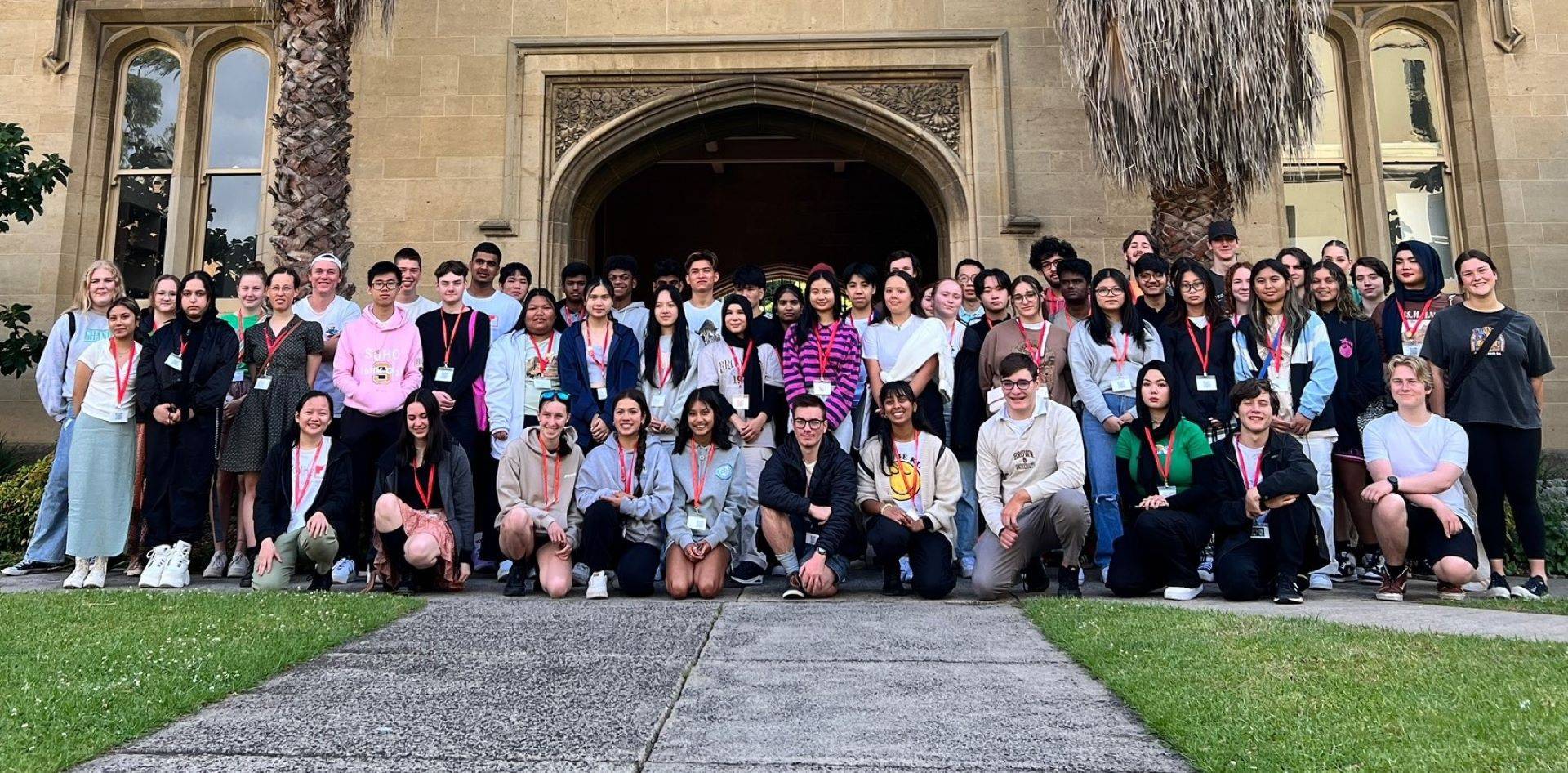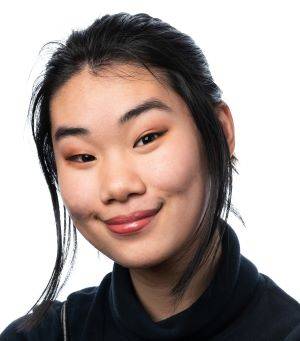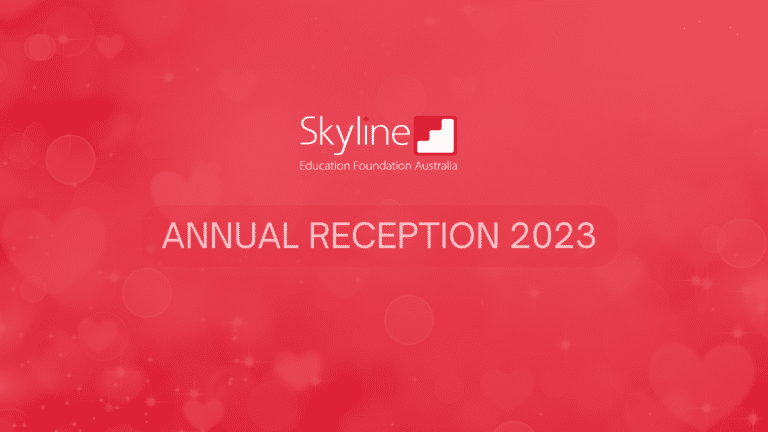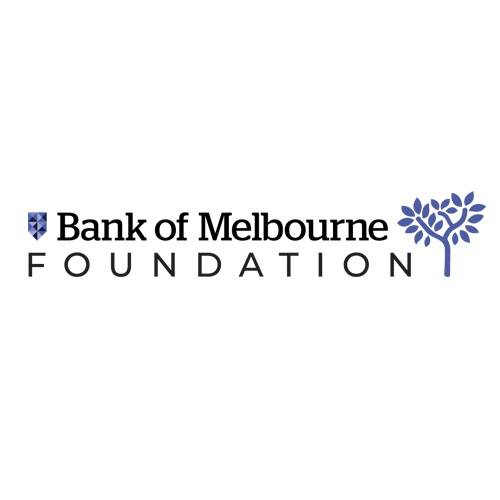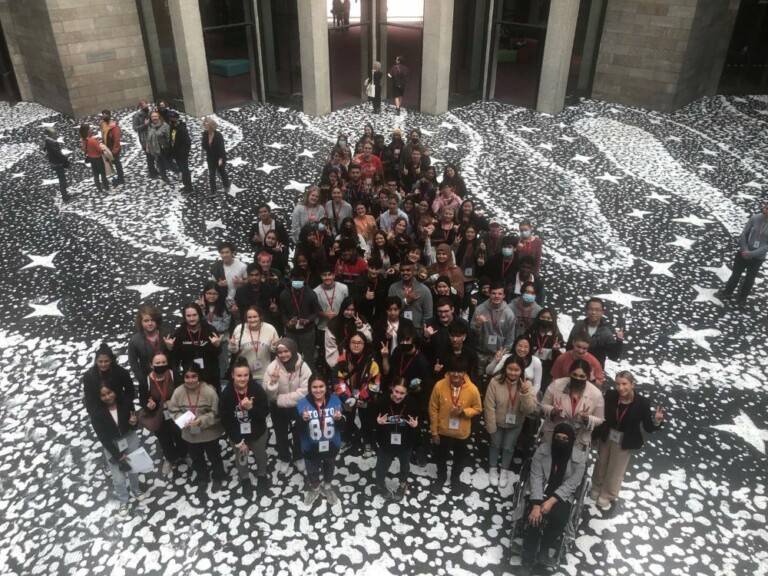Why attend a Residential
– Dr Elizabeth Hartnell-Young
Skyline’s residential program for Year 11 and Year 12 students usually includes a range of activities in the buildings and grounds of Trinity College, the University of Melbourne. And after so many online programs during the past 2 years, Skyliners are looking forward to getting together. However, emerging from the social dislocation of the past two years requires quite a few social-emotional skills that need to be considered.
Residentials – or camps – have enormous benefits for social-emotional learning, according to the Harvard Graduate School of Education (Shafer, 2016). The usual dynamics of a residential — being away from home and parents, making new friends, being part of a team, and trying new things — are building blocks to crucial social-emotional skills.
Many experts agree that social-emotional learning encompasses self awareness, self-management, social awareness, relationship skills, and responsible decision making. These skills are increasingly central to success in school and in professional life beyond, but schools don’t always have the time or capacity to teach community building, goal setting, or problem solving. For this reason, camps often begin or end the day with reflection activities, in which participants can think about the challenges they’ve faced, how they’ve grown, and what they’re excited for. These moments, rare in a typical school day, can develop self awareness and mindfulness for all.
With its focus on Who am I? (Year 11) and Who do I want to be? (Year 12) Skyline’s residential program is carefully planned, involving fun and serious learning, active and quiet times, individual and group work. It is designed to support the Theory of Change that drives Skyline’s work. Participants can meet other VCE students from urban and rural schools, who have been selected for their high abilities and their life challenges. Living and working – even for a short time – with skilled and experienced partners like Ramon Marmolejos, a Kaospilot learning design facilitator; Trinity College mentors; as well as Skyline program managers, seems to have long lasting effects. Students often report that they feel more confident about participating in challenges, a sure indication of a growth mindset.
Opportunities that foster positive development through novel, challenging, and engaging experiences, allow participants to test and apply new knowledge and skills, facilitating outcomes such as skill building, competence, and a sense that they matter in the world (Garst et al., 2011). The result is to open up the learning pathways of young people, and their leadership potential.
Residentials or camps establish norms of behaviour and respect, encourage high expectations and allow opportunities for leadership. Year 11 Skyliners can share their hopes and fears with the Year 12 students who have been through one VCE year. Having alumni contribute to the program also personifies role models and helps build a sense of community over time, while traditions and rituals like competitive events, awards, and ceremonies are also important in building a positive culture.
Location is important. At Trinity, students stay in the student accommodation and can explore new surroundings at the University or within the City of Melbourne. They can imagine themselves at university in the near future, even if they are the first in their family to attend.
Because all students are unique, Skyliners have different memories of highlights from their residentials. Most enjoy the ‘Amazing Race’ around the university campus, while others love the trivia and movie nights. Some are introverts and prefer to have more time to themselves. Others are keen to meet ‘heaps of people’ and throw themselves into the energetic, hands on activities. A confidence-building session has been very popular. Longer term, the growing confidence of the students should encourage them to step out of their comfort zone to try new activities in the safe environment of a Skyline event.
According to Skyline Alumna Melissa Claydon, the unstructured time at a residential can be as valuable as the activities. She remembers that the authenticity of unplanned opportunities – like chats on the lawn, or at lunch – helped students develop new connections with others like them, and led to some long-term friendships. Melissa has graduated from a teaching course, and now contributes to Skyline in several ways, including as a member of the Program Team.
Unlike Australia, the US has a longstanding program of summer camps, both residential and day long only. The Davidson Institute lists opportunities specifically designed for gifted and talented students on its website Gifted Summer Programs: Day Camps – Davidson Institute (davidsongifted.org). In Virginia, twenty Summer Regional Governor’s Schools are available to meet the needs of their local gifted primary and middle school students, providing opportunities in the arts, sciences and humanities. The schools are typically held at a public school or on the campus of a college, community college, or university. The length of programs varies, with some lasting a week or less, while others may last four or more weeks. Most students return to their homes at the end of each day’s activities. In Australia then, Skyline’s program is quite unique, and a valued opportunity to attend a residential camp.
Long or short, a camp experience is a powerful step in a students’ development towards mature self-awareness, self-management, social awareness, relationship skills, and responsible decision making.
Note:
The Department of Education and Training, Victoria, has very useful resources for teachers of high-ability students to support social-emotional learning on their website [Supporting the social-emotional needs of high-ability students (education.vic.gov.au)].
References
- Garst, B. A., Browne, L. P., & Bialeschki, M. D. (2011). Youth development and the camp experience. New Directions For Youth Development, 2011(130), 73-87.
- Shafer, L. (2016). Lessons from Camp. Retrieved from https://www.gse.harvard.edu/news/uk/16/07/lessons-camp

